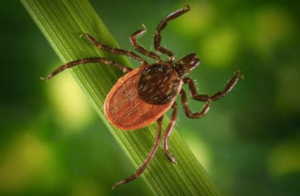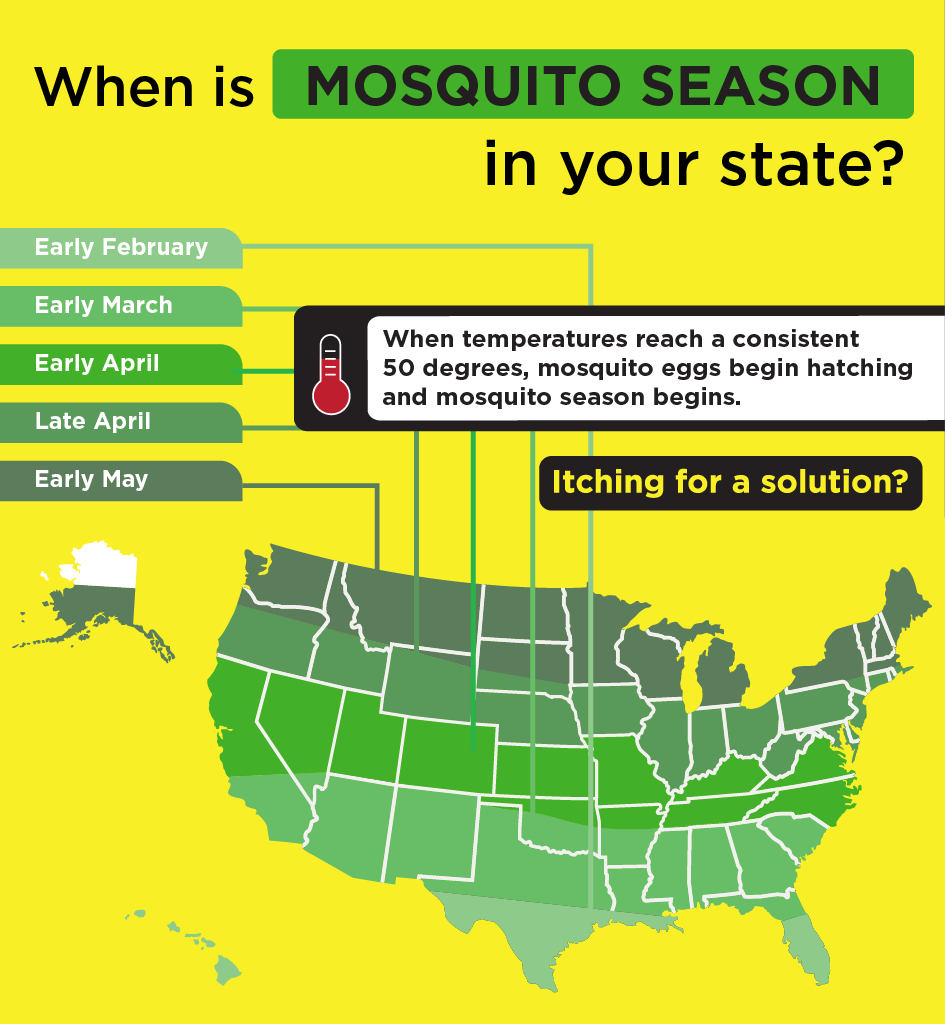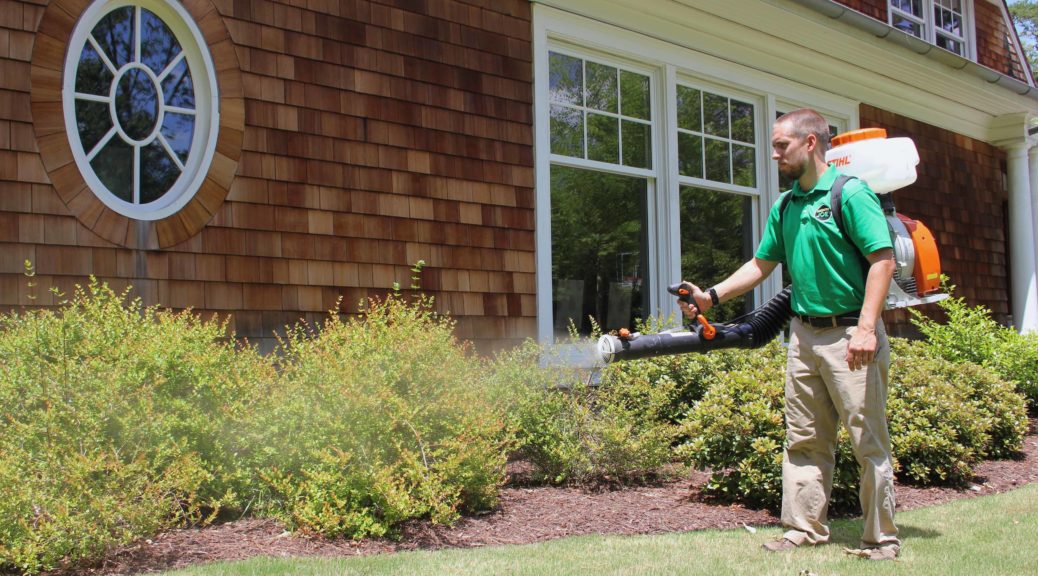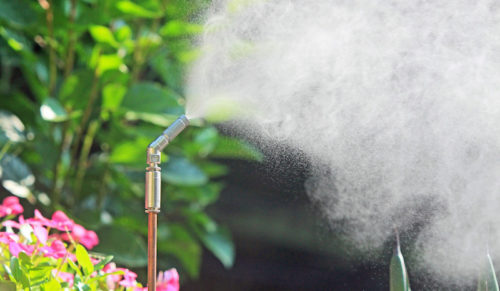The Month of May: Military Appreciation and Lyme Disease
May is Lyme Disease Awareness month. One of our very first customers called us because they suffered from Lyme Disease and wanted to make sure they were protecting their family and pets from the disease. As our name suggests, Mosquito Joe treats for mosquitoes, but we also treat for fleas and ticks. Since mosquitoes cause us the most instant annoyance when stepping outside, they tend to be the insect we are most often called for. Ticks, on the other hand, are more silent but the results of their bite can result in some serious health issues.
Lyme disease is caused by the Borrelia burgdorgeri bacterium and is carried and transmitted by the blacklegged tick. Initial symptoms include fever, headache, fatigue and a skin rash. The more serious issues arise if left untreated when infection can spread to the joints, the heart, and the nervous system.

The blacklegged tick is more commonly known as the deer tick. They have an interesting life cycle, beginning with the larval stage. These larvae are active in May to August and are most typically found in moist leaf piles. They will attach to small mammals and birds and remain attached for about 3 days before dropping off. Now known as Nymphs, they will remain at the edge of wooden areas and attach to smaller mammals such as mice, voles, cats and dogs, and, sorry to say, humans. Once fed, they again drop off and molt into adults. The adults are active from October to May and prefer animals such as the deer, or humans, for a blood source. The females (photo above) will lay an egg mass of 1,500-2,000 eggs before dying. And so the population explodes.
So how can you help control the population? Keep your lawn mowed and remove leaf litter in the spring. Try and stay on top of your pine needles piles as well, keeping the trails and paths in your wooded areas clear of vegetation. Of course, you can also add a tick service like ours to create a barrier around your property and keep them out.
If you want to get involved with fundraisers and awareness, visit the lyme disease website to learn more. 
May is also National Military Appreciation Month and we here at Mosquito Joe of NW Houston & S Brazos have a lot of appreciation! Our Lead Technician, Kyle, has been with us since 2015 and is a 17-year Navy veteran. Since hiring him we have learned the incredible value that veterans bring, not only when they serve, but after they retire. We made the decision to focus on hiring veterans and are working with the Texas Veterans Commission to grow our technician force. So far the Navy, Air Force and Army have been serving our customers with care, concern and a steady focus.
There are, in fact, 6 days of national observance in May that revolve around our military. Loyalty Day on May 1, Public Service Recognition Week, beginning May 6th, VE Day on May 8th, Military Spouse Appreciation Day on May 11th, Armed Forces Day on May 19th, and finally Memorial Day on the 28th.

 Outside is fun again.
Outside is fun again.


 April 22nd, 1970 marks the birth of Earth Day. Millions of people gathered to protest the negative impacts of industrial development on our planet. Since that time, Earth Day has grown into a movement with participation by over 192 countries and over one billion people.
April 22nd, 1970 marks the birth of Earth Day. Millions of people gathered to protest the negative impacts of industrial development on our planet. Since that time, Earth Day has grown into a movement with participation by over 192 countries and over one billion people.  new customer serviced during
new customer serviced during  Arbor Day has its roots in Nebraska when Julius Morton made his way there from Detroit. He became the editor of Nebraska’s first Newspaper and disseminated information on agriculture and trees to his audience. Pioneers who read his paper started planting trees to help protect them from the wind and to provide building material for their homes. These days, Arbor Day is recognized in all 50 states and looks to the future, rather than the past. Arbor Day is about recognizing the vital role that trees play in our world and the needs of future generations.
Arbor Day has its roots in Nebraska when Julius Morton made his way there from Detroit. He became the editor of Nebraska’s first Newspaper and disseminated information on agriculture and trees to his audience. Pioneers who read his paper started planting trees to help protect them from the wind and to provide building material for their homes. These days, Arbor Day is recognized in all 50 states and looks to the future, rather than the past. Arbor Day is about recognizing the vital role that trees play in our world and the needs of future generations.








